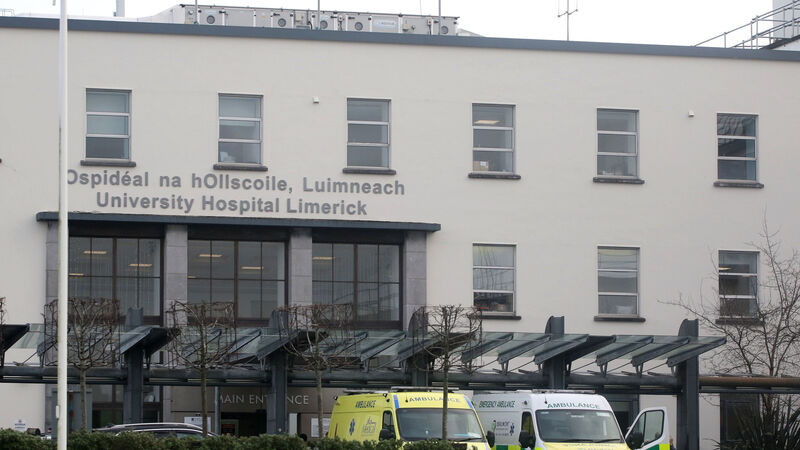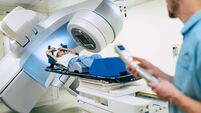Dying mother urges BRCA patients to seek MRIs

Speaking after she settled an action against the HSE over care from University Hospital Limerick (UHL) and her GP, she said: “In November 2022, just 6 days after the birth of my second baby, I was diagnosed with incurable metastatic breast cancer” Picture: Brendan Gleeson
Women with the BRCA breast cancer gene mutation should insist on annual MRI scans, a young mother dying from breast cancer said at the High Court yesterday.
The mother of two, who is 37 and cannot be identified, urged other patients with the condition to learn from her situation.













